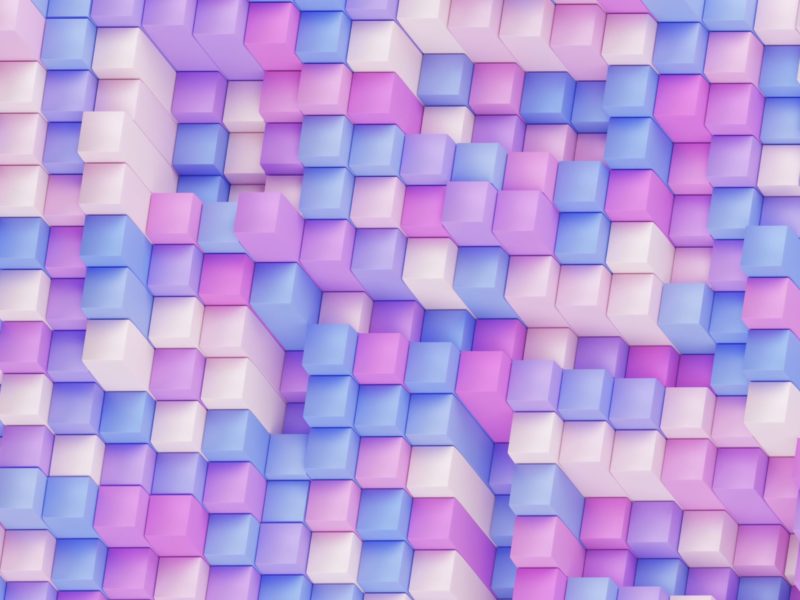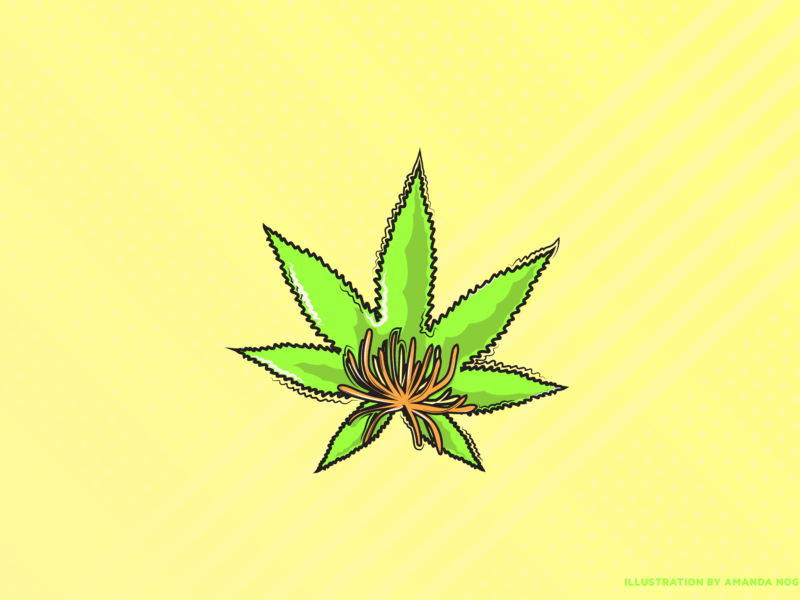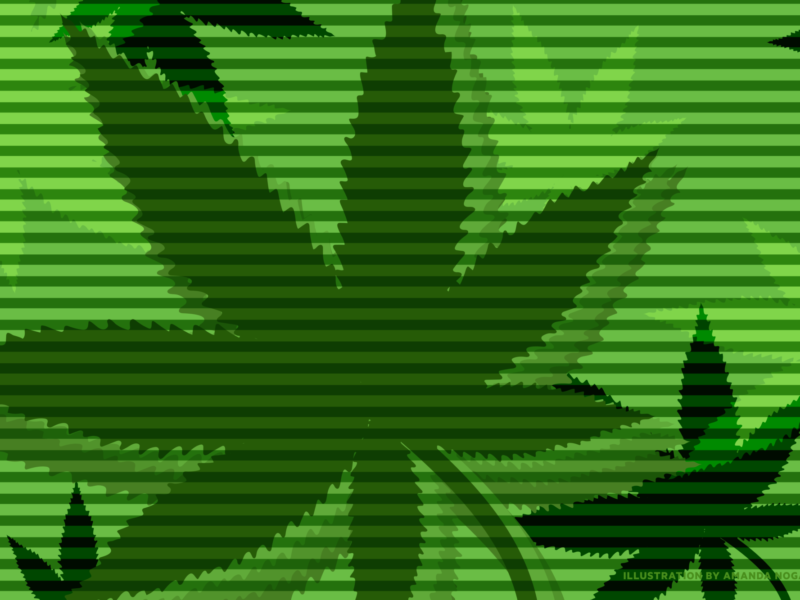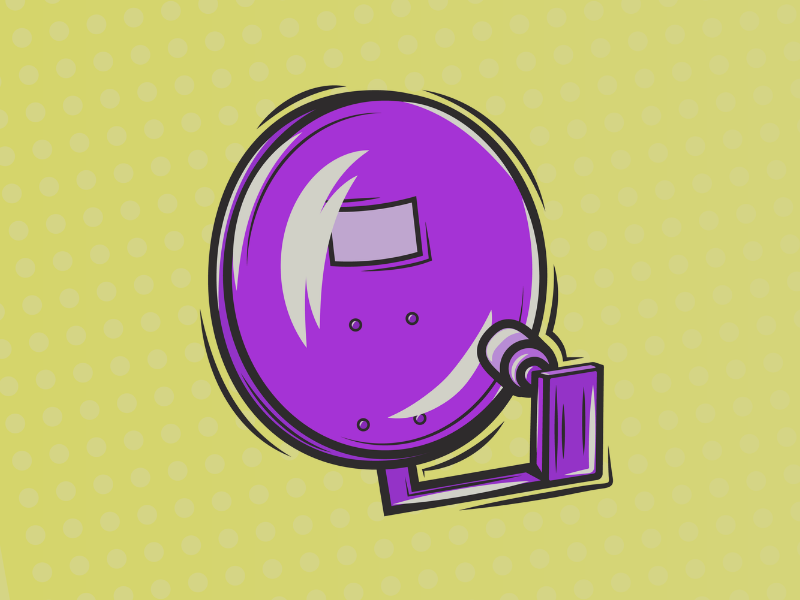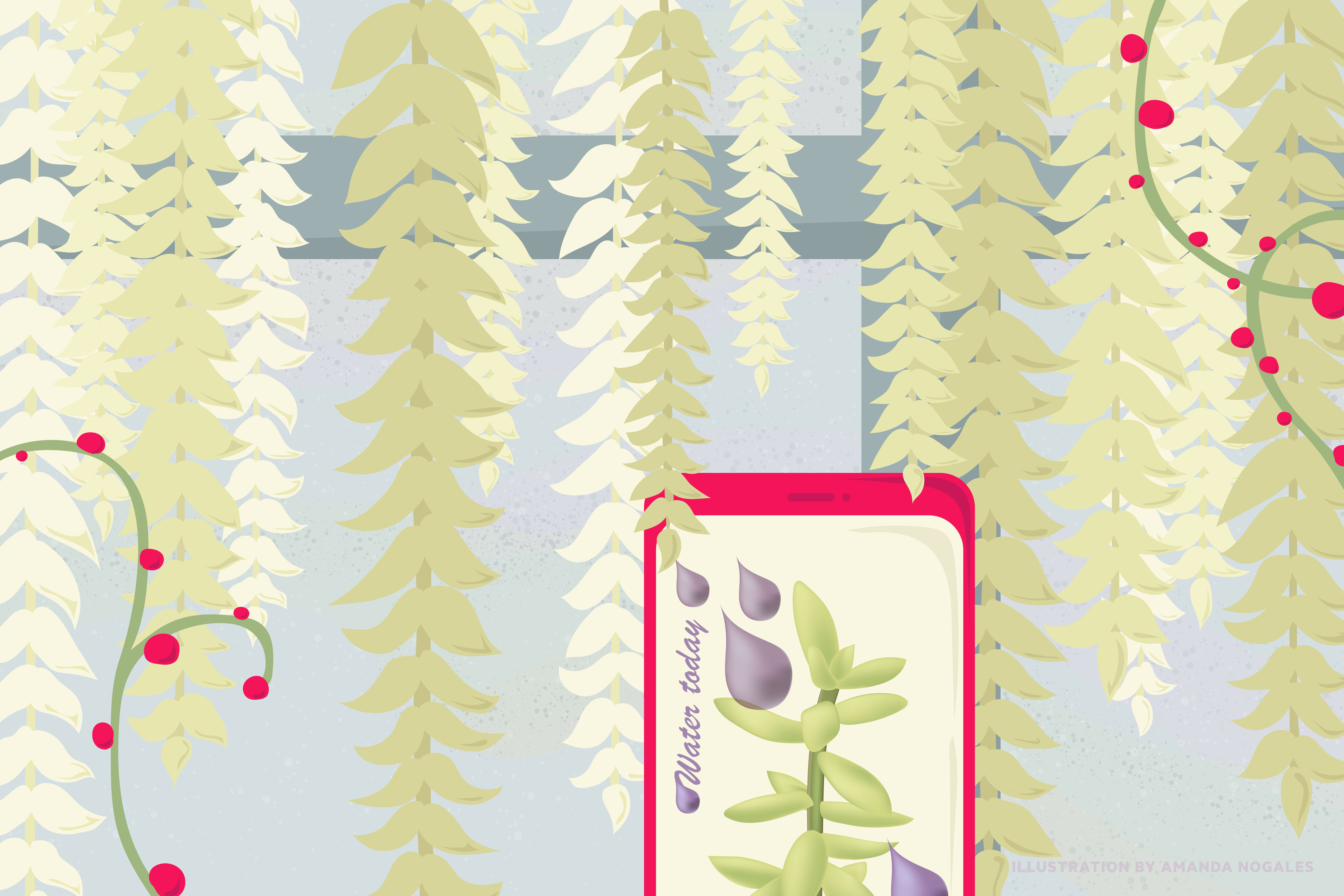
Krado wants to make your plants high-tech
Eric Lo wants to make “plant-tech” happen.
His Utah-based company, Krado, is an AI-powered app that uses the first plant database of its kind to teach plant-parents how to better care for their indoor greenery.
Through sensors and user interaction, Krado monitors plant health and curates recommendations specifically for the type of plant and the climate. As new plants are logged into the database, the app learns more about various growing environments, allowing for more and more plants to grow better from anywhere.
While Krado now boasts the world’s largest plant database, raising funds from Silicon Slopes and graduating first in their class from the Founder Institute accelerator, plant-tech was nowhere near where they started.
“Krado began as a blockchain company,” Lo says. “When we started in 2018, Blockchain was super-hot. I thought the ability to collect and store that much data wasn’t being used as broadly as it could be. We had a solution, and we were just looking for a problem.”
With a background in biotech and a full-time job at BioFire Diagnostics, Lo decided to venture into the world of electronic health records first. “We felt like it was the perfect market to streamline,” he says. “Who doesn’t want to make their medical records easier to sort and find?”
Turns out, everyone did. Krado was soon pushed out by Google and other tech juggernauts. Not to be deterred, Lo decided to pivot to genetics.
“As genetics companies grew in popularity, we noticed that they weren’t being transparent with how they stored and used the data they were collecting,” he says. “We felt that individuals should be the owners of their data and have full control of how it’s used. It seemed like another problem we could solve, and we were so sure it was going to take off.”
Turns out, people didn’t care too much about where and when their data was being used. “We couldn’t convince people to care,” Lo says.
And so, the story went on––Krado continued to switch mantras, from car insurance to real estate, until Lo found the problem Krado was dying to solve…a year later, in his living room.
“I started growing plants,” he says. “A lot of plants. I had just gotten them all to a good spot, looking healthy, when my wife and I were preparing to leave on vacation for three weeks. I thought I’d just buy some sort of automatic watering system that would keep them alive for me, because surely that existed.”
It didn’t. Lo scoured the internet and ended up following the advice of a blog, creating a contraption with pulleys that would pull water down from jugs. It killed all his plants. “I’m a trained engineer,” he says. “I know how to build things. I realized that if there wasn’t a good solution, I knew what I wanted, and I could build it.”
In a weekend, Lo had developed an app tied to an automated system that monitored his plants and, when their moisture level dipped, watered them. Pleased that his plants were alive again, Lo wiped his brow and considered the job done.
As Lo continued his search for a problem Krado could solve, droughts continued, and the plant industry suffered from changes in climate. That’s when the plant-tech idea, powered by data collection, finally clicked. Cursory research showed Lo a pattern: plant-owners didn’t know when to water their plants, how to diagnose plant sickness, or how to handle pests. The result? More lost plant life.
“The sensors I was using at home could solve all of these problems,” Lo realized. “And I already had the app infrastructure. If I could sync an existing plant database into the app, it would totally change the efficiency of plant growth.”
Again, Lo overestimated the plant-tech out there. “It was a total shock,” he says. “Our resources are depleting, the climate is changing, and you’re telling me all this knowledge is stored in a handful of people’s heads––it’s not easily accessible? That is very bad.”
With its newfound purpose, Krado began the monumental task of gathering the data it needed to develop better machine learning. “Our focus immediately turned to collecting this super valuable data on different types of plants and how to take care of them,” he says. “The thing about blockchain and the other earlier focuses of Krado is that, while they’re important, they don’t matter if we’re not all alive. We need plants, and I think they deserve more of our attention.”
While Krado wasn’t the first to develop sensors, they were the first to put the tech and the data on the same level. Lo says their earlier competitors didn’t realize the golden egg they’d discovered. “Plant health data isn’t restricted in the same way that patient data would be––there’s no regulation, so we can collect and analyze whatever we want. Without that feedback loop, you’re missing a huge opportunity to find real solutions to the problems growers are facing.”
Krado is starting on the consumer level, targeting millennials and Gen Z indoor plant lovers. That’s evident in the app’s interface: “It’s inspired by Tamagotchi,” Lo says. “We’re turning your plants into virtual pets that you can interact with.”
After uploading introductory information about a plant and connecting the sensor, users get a digital plant avatar that communicates the plant’s needs. “We’re a data company that’s able to teach plant science,” Lo says. “We’re building confidence and skills with plant maintenance that we hope carry on for generations.”
Specifically, Krado’s hoping you’ll decide to give your kid a plant over a goldfish or videogame. “We want to empower everyone to help create a greener future, because that’s the best chance we have of surviving climate change,” Lo says.
While Lo believes linking Krado’s tech into existing blockchain systems is in the company’s future, he thinks the tech is more powerful through partnerships. “That’s something that we get often –– people think we should be in ag-tech or partnering with big farmers,” Lo says. “But we’re better distributing our wealth of data to those who need it.”
This ‘wealth of data” includes information about the humidity levels of different areas, watering needs of various plants, and day-to-day instructions that growers of all sizes are clamoring for.
“With our direct-to-consumer connections, we can connect with nurseries about supply chain logistics, commercial buildings, and offices about watering schedules, and individuals in their homes about fertilizer recommendations,” Lo says.
The need for a plant database stretches even further than across the country––Krado’s been in contact with NASA. “They’re struggling to decide what kind of plants they can bring to space,” Lo says. “They’ve tried hydroponics, but there’s more to plant nutrition than soil and water––you need a strong understanding of ecosystems and fungi, and that’s the data we have.”
So, while Krado helps Lo’s tomatoes finally survive a northern Utah winter and a Chicago grower gets the perfect batch of strawberries, it’s also helping to grow plants on the moon.
“Krado decided to leverage the knowledge of communities,” Lo says. “We sourced and shared information, and it paid off.”



